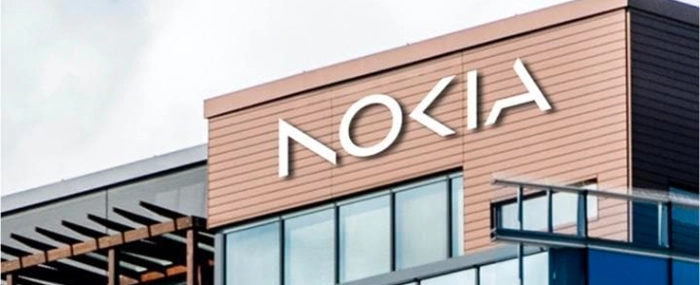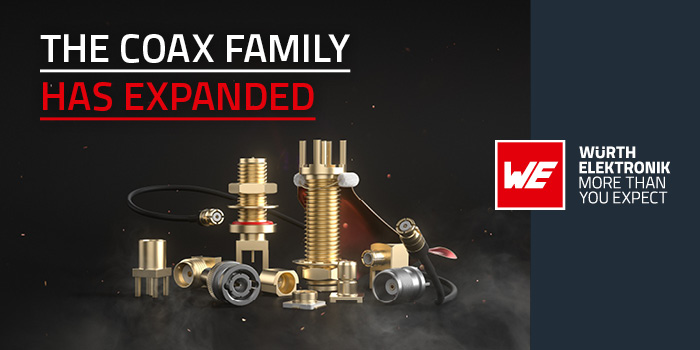
Nokia to invest €360M in German hardware and chip design
Finnish telecom company Nokia says it plans to invest EUR 360 million in software, hardware and chip design at its Ulm and Nuremberg sites in Germany.
Nokia is conducting a four-year European IPCEI (Important Projects of Common European Interest) project, which is being funded by Nokia and the German Federal Ministry of Economics and Climate Protection (BMWK) and the German states of Baden-Württemberg and Bavaria.
The project will focus on the integrated development of software, hardware and high-performance systems-on-chips based on a digital twin. These will be used in radio and optical products in future mobile communications systems based on the 5G-Advanced and 6G standards. Another focus area is on the energy efficiency of the systems to support European climate targets under the Green Deal.
The project is expected to strengthen Europe's competitiveness, especially in the field of microelectronics for future technologies such as 6G and AI and advance digitalisation. The microelectronics systems developed as part of the project will help to make networks more energy-efficient and more powerful at the same time.
“This important funding will support our efforts to advance the telecommunications industry in Germany and in Europe, helping to drive innovation and strengthen competitiveness. In particular, it will help our research into microelectronics that will power future technologies such as 6G, artificial intelligence and the metaverse as well as develop networks that are more energy-efficient and powerful. Germany is an important market for Nokia, and we look forward to working with the government to produce cutting-edge technology that is ‘Made in Germany’,” says Tommi Uitto, President of Mobile Networks at Nokia, in a press release.


